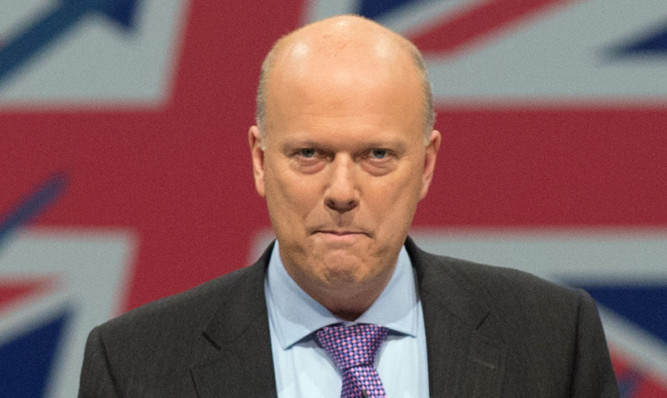All laws that affect Government spending in all areas of Britain will be voted on by all MPs under English votes for English laws (Evel) proposals, Commons leader Chris Grayling has said.
Amid opposition to the plans from SNP and other MPs, the Cabinet minister insisted they would not be locked out of decisions affecting block grants to devolved administrations in Scotland, Wales and Northern Ireland.
The money allocated to the devolved administrations from the central pot of spending is currently calculated using the complicated Barnett formula.
Mr Grayling said that under Evel all MPs would continue to vote on estimates Bills, which set out the block grants first calculated in spending reviews.
He insisted there is no direct relationship between an individual law, for example raising tuition fees, and the calculation of block grants.
But he also stressed that all MPs would be able to vote on any spending decisions in an individual Bill.
During a debate on Evel, Mr Grayling said: “I have understood the concerns expressed by members and I understand the need to clarify the position related to expenditure.
“So I wanted to make this crystal clear and to assist our debate today I have republished the changes we proposed to make to the standing orders of this House with some small but important clarifications.
“These make it absolutely plain that members from across the entire House, all members, will approve departmental spending together which as I have set out, sets out the levels of funding for the devolved administrations reflecting Barnett consequentials.
“All MPs will vote on the legislation that confirms these decisions.
“In addition we have clarified that where legislation involves an increase in a department’s expenditure as voted on by the whole House in the estimates process, all MPs will continue to vote on this specific decision.
“So all aspects of public spending will continue to be voted on by the whole House.”
